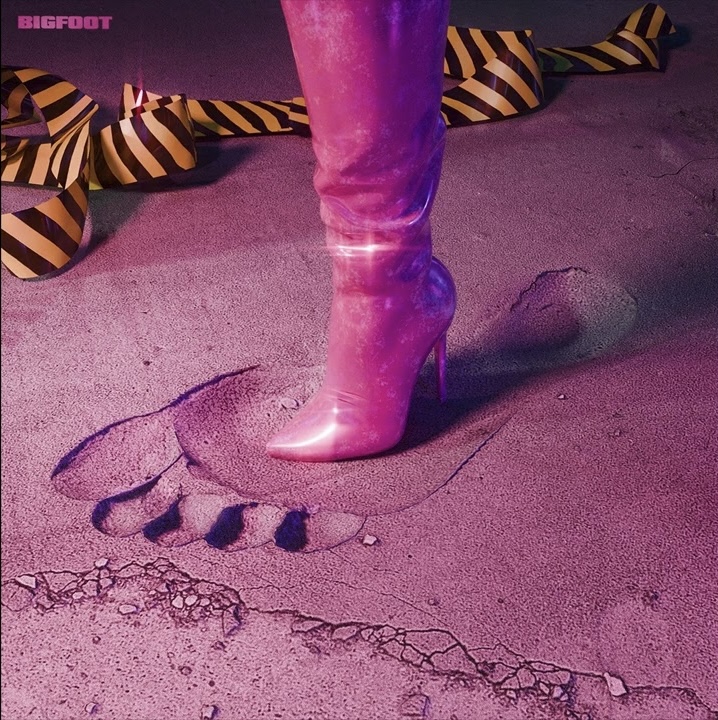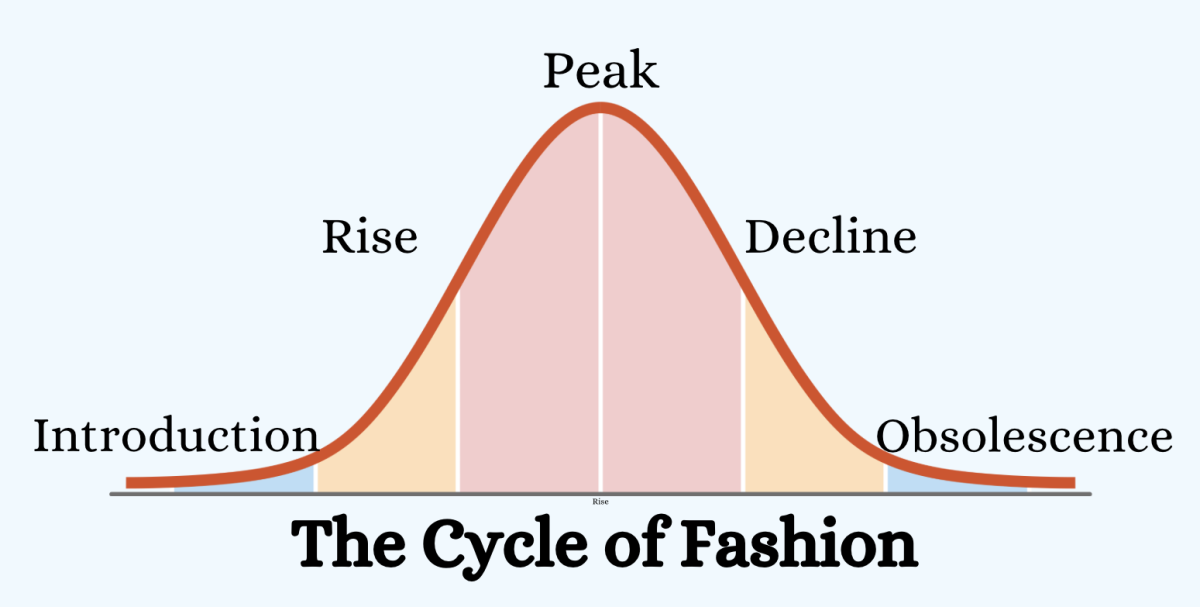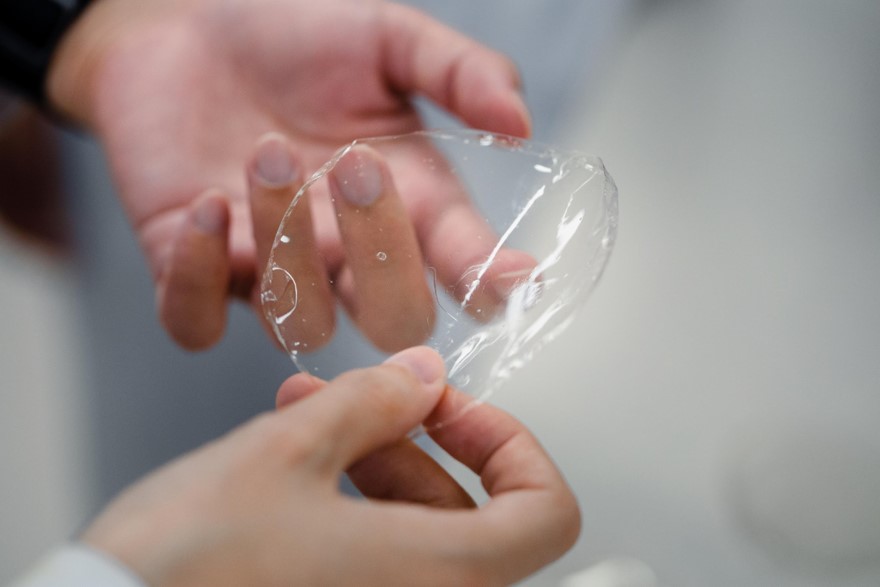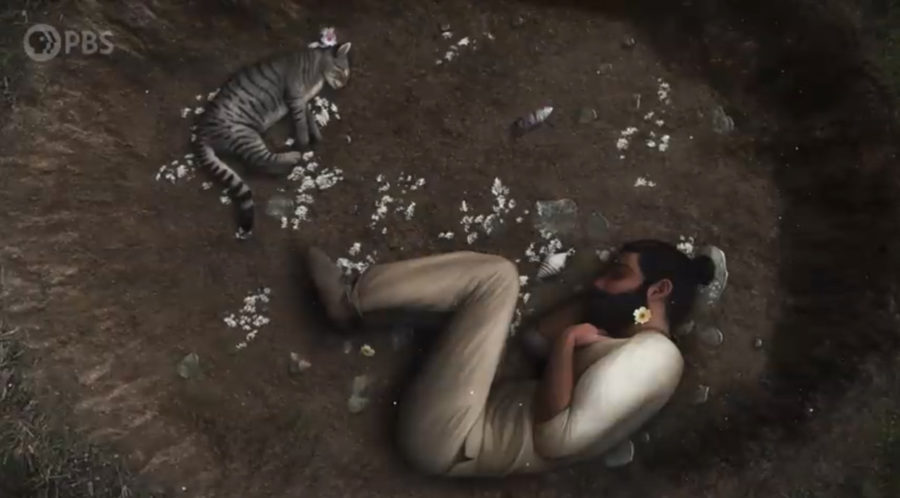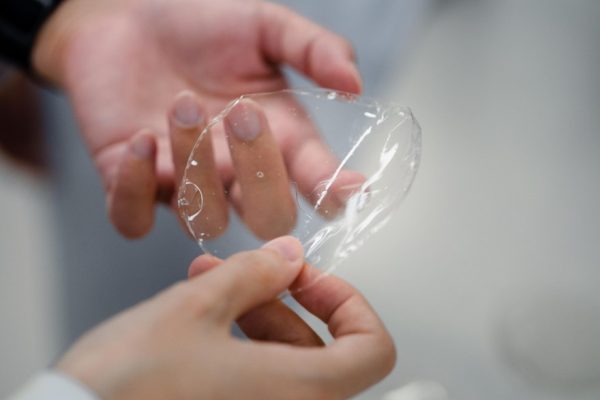Fossilized Friendship – The History of Human/Animal Bonds
9,500 year old burial found on the island of Cyprus, presenting the earliest known evidence of a human/feline friendship.
January 4, 2023
Many of us wonder how our pets have been domesticated from their wild animal ancestors. We always see our feline companions happily living indoors, sleeping all day, and cuddling with their humans. So, when exactly did humans create such a bond with animals, specifically the illusive cat? How did we get so close to a species who had no socialization needs? Archaeologists have discovered evidence that these kinds of relationships might have started earlier than we originally thought.
Everyone knows about the bond ancient Egyptians had with cats. The legacy of their relationship is painted and engraved on numerous walls and surfaces, with cats often being depicted as cherished and valued members of different households. Previously, this was our earliest known proof of domesticated cats. A recent discovery in Cyprus may change our view on how early this human-feline-bond may have begun. They found a 9,500 year old burial on the island, containing a man surrounded by seashells, polished stones, and other decorative artifacts. What was truly interesting about this discovery, however, was that the man was found curled up with an 8 month old kitten. This evidence predates the early Egyptian art by at least 4,000 years.
Researchers who discovered the burial wrote “… the joint burial indicates a strong association between the human and cat and that the feline is possibly the world’s oldest known pet cat,” (nationalgeographic.com). This discovery is so important because it gets scientists one step closer to figuring out the proper timeline of how felines were domesticated. “The process and timing of cat domestication has been terrifically difficult to document,” said Megan Zeder, a curator of Old World archaeology at the Smithsonian Institution in Washington, D.C. and president of the International Council for Archaeozoology (nationalgeographic.com). Since cats are extraordinarily less social than dogs, scientists have been puzzled by the fact that such independent animals were able to be tamed by early civilizations.
I would say that my cats make me feel special or happy. Whenever I have a bad day I can go home and cuddle with them and be cheered up. — Emily Moon (12)
We all have an incredibly strong bond with our pets, even when they get on our nerves. It’s crazy to think that these relationships have grown over thousands of years, predating even the most well-known ancient civilizations. Cats have grown from being predators, to being a resourceful tool to get rid of mice and vermin, and they eventually became the lazy, sunbathing house guests we have all learned to love. Slowly but surely, they have taken over the world, as well as our hearts, with a total population of domestic cats in 2018 being over 75 million worldwide (worldatlas.com). Emily Moon (12), an avid cat owner and enjoyer, comments, “I would say that my cats make me feel special or happy. Whenever I have a bad day I can go home and cuddle with them and be cheered up.” She agrees that cats have begun to take over the world, stating “I think cats would make great world leaders. Way better than some of ours in the past.” Cats have been loved in human homes for centuries, and will continue to be taken care of for centuries to come.















